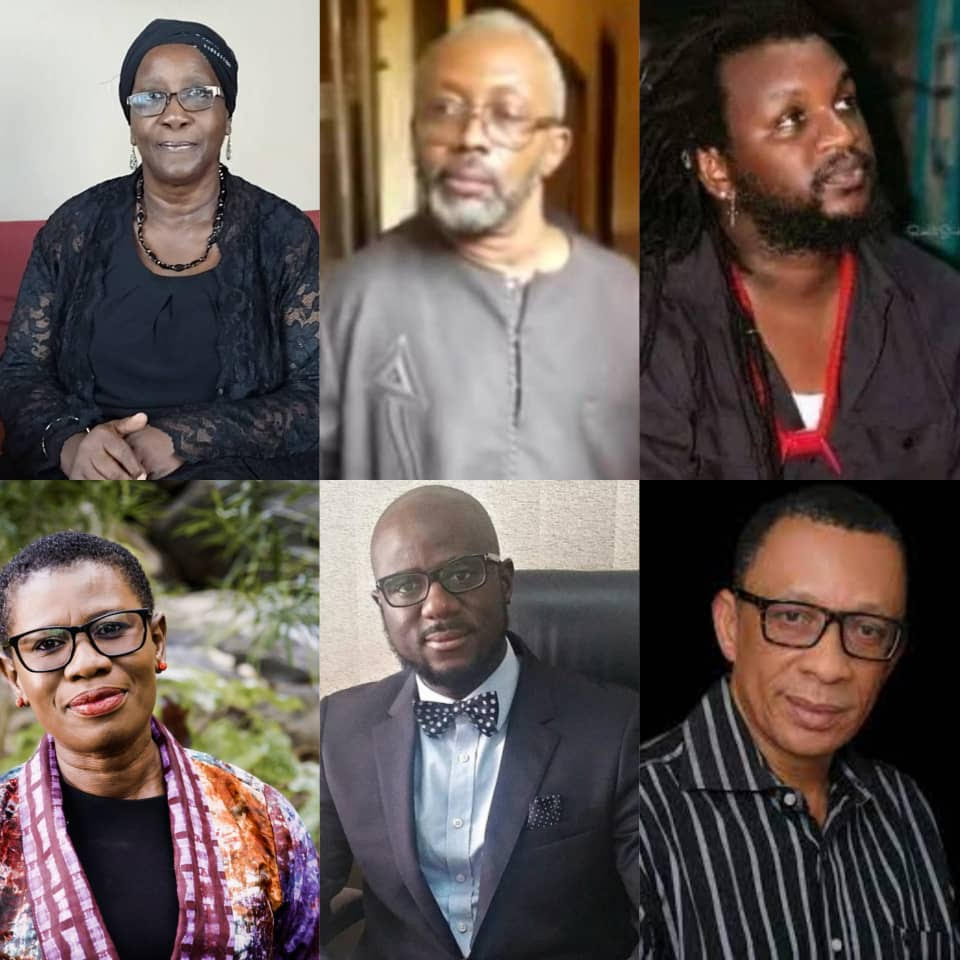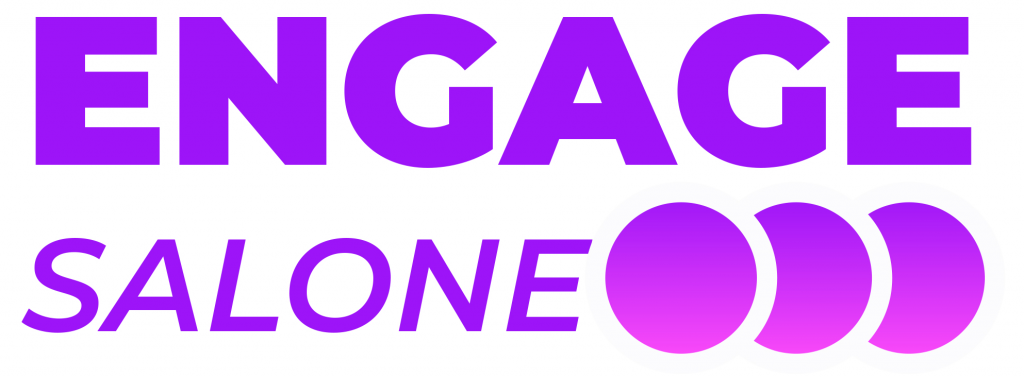It has been another eventful week. The invitation and interrogation of Freetown Mayor, Yvonne Aki-Sawyerr and the detention of opposition lawyer Ady Macauley by the Sierra Leone Police sparked a huge public uproar this week. Lawyers, activists and other members of the public have condemned the detention of Mr Macauley, calling for his release. The mayor is being investigated for what the police say is disorderly behaviour and obstruction, while the former Anti-Corruption Commission head is apparently in trouble for comments he made in a television interview a couple of months ago. Both Ms Aki-Sawyerr and Mr Macauley are prominent opposition figures who have been very vocal in the political and civic spaces. As such, many people are worried about the implications such actions may have on the wider democratic environment. Well, this should scare everyone concerned about freedoms and liberty.
Before we zoom out on the big picture, it is important to remind ourselves that there are other people, prominent as well as ordinary, who are suffering in detention because their cases have made very little progress. Think of rapper LAJ, who was tortured in police custody and is now on a prolonged trial without bail. Kamarainba Mansaray, another opposition politician has been on trial for sexual offences for years and has been in detention since. He was granted bail by the courts but has not been released. In fact, some sources say Mr Mansaray has not been in good health for some time now. There are also those arrested at different protests around the country and are facing prolonged trials without bail, just like LAJ and Kamarainba. Sadly, these people seem to have been forgotten, which is a huge part of the problem because the authorities understand that media and civil society have a short attention span that is constantly shifting. We forget too quickly and too easily!
A few months ago, another prominent and outspoken politician, Femi Claudius-Cole was arrested and detained by police for trying to organise a protest. She was arrested and locked up with Denis Bright from the same political alliance. Women who tried to protest in Freetown were also arrested and locked up. Some people who were arrested in connection with the August 10 protests are still locked up without access to legal services. Kemoh Sesay from the opposition APC party has also been on trial for allegedly cyber-bullying and harassing President Bio. Member of Parliament, Mohamed Bangura and the Chairperson of the Tonkolili District Council are also on trial. The list could go on and the reason we are attempting to make a catalogue of these cases is to demonstrate that they are not isolated cases, and they form a pattern that now seems like it is taken from a script that is designed to crush and silence dissent, especially with the elections approaching. It is easy for government officials and supporters to argue that all of these people have been charged with offences or are suspected of committing one. Well, there will always be offences and charges. The problem is to quickly investigate those cases, try them fairly and speedily and prove a case. That is what has been lacking in many instances and just as in the matter of the suspended Auditor-General and her deputy, it is easy to make allegations because someone is looking for excuses to be unjust but when it comes to proving their case, they find it extremely hard.
We have written before that the state’s approach to criticism and dissent, using the police to go after opposition politicians and citizens who express views unpalatable to the government, is deliberate. It is meant to spread fear and some of these high-profile arrests are meant to send a message that nobody will be spared. And that is precisely why the approach is not changing regardless of who the head of the police is. The script is meant to be followed. And to repeat a point we have made in the past, the behaviour of the state is meant to show power and how it can be used to silence people but the picture you see is one of a government that is jittery, lacking in confidence and to an extent, paranoid.
Part of what this means for the country is the dent on its democratic credentials. We parade the world, talking about how much progress we are making in terms of rights and liberties, but back home we present a posture that signals oppression as the government continues to create an environment of fear. Anyway, you can safely guess that at this time, the government’s calculations and considerations might not include democratic credentials. It is all about political expediency: getting rid of the thorn in their flesh and the pain in their neck—for want of a nicer word. And some of these people that have had a brush with the police are considered the thorn and pain.
With all that is going on, people will obviously be afraid. Some will give in and be silenced, especially when lawyers are locked up and the use of politicians and public figures is to set an example for the general public. What cannot be changed through this is the decision that people make at the polls. They will be there alone and they will remember all the hard-handedness of the state as they decide on how to mark their ballot. The state does not seem to have an appetite for pursuing persuasion, meaningful dialogue and engagement. The Pao-pa mantra does not seem to leave any room for magnanimity. But it can be costly on many levels because what you get here is a more divided and polarised nation with many sections of society becoming increasingly alienated and pushed away.
As people whose job is anchored in freedom of expression and other rights that make up a healthy civic space and a thriving democratic environment, we are particularly worried. It is not enough to repeal the law on criminal libel. That alone does not guarantee free speech and civil liberties because these rights are not reserved for journalists. When you spare the journalist and go after the opposition politician or ordinary citizens who are just expressing their views and enjoying their rights, you essentially close up the civic and political spaces which are important elements of democracy. The State needs to grow up and recognise that we all cannot agree, and we do not need to agree. Those who disagree with us must be free to do so. The “New Direction” that was ordered stands in stark difference from the New Direction that is being delivered.
Have a nice weekend!
About The Author
- Engage Salonehttps://staging.engagesalone.org/author/eng21_admin/
- Engage Salonehttps://staging.engagesalone.org/author/eng21_admin/
- Engage Salonehttps://staging.engagesalone.org/author/eng21_admin/
- Engage Salonehttps://staging.engagesalone.org/author/eng21_admin/


